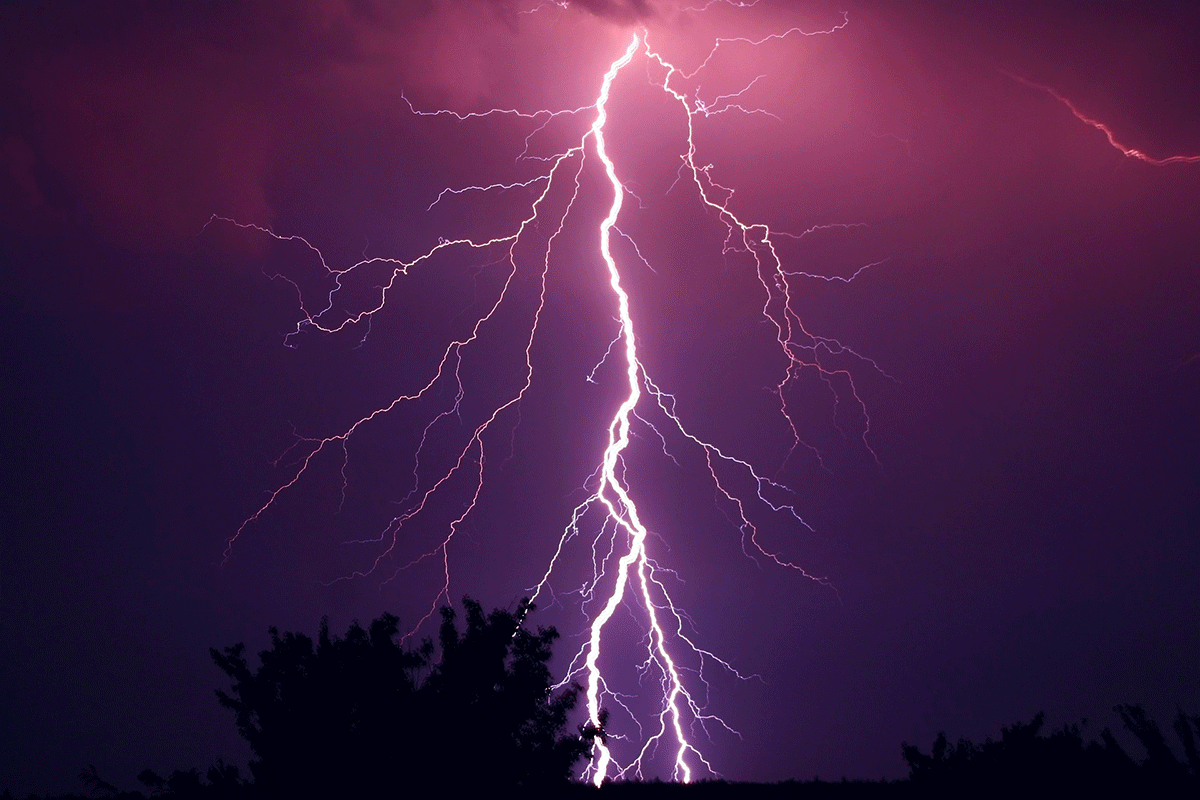Im Rahmen des „Climate Change Centre Austria“-Netzwerks erarbeiten Wissenschafter:innen neue Szenarien für das zukünftige Klima in Österreich. Dabei berücksichtigen sie unterschiedliche Entwicklungen des weltweiten Ausstoßes von Treibhausgasen sowie den aktuellen Stand der Klimaforschung und -modellierung. Mit vier Projekten ist das Wegener Center der Uni Graz maßgeblich beteiligt.
Die neuen Klimaszenarien werden sehr detaillierte Daten als Grundlage für die Anpassung an den Klimawandel liefern, für Österreichs Regionen und Gemeinden ebenso wie für die speziellen Anforderungen großer Städte. Sie sind wichtig für die langfristige Planung und für Investitionsfragen in nahezu jedem Bereich, etwa für Energie- und Wasserversorgung, Land- und Forstwirtschaft, Tourismus, Bauwirtschaft, Einsatzorganisationen sowie für Gemeinden, Länder und Bund.
Neueste Forschung und praxisnahe Umsetzung
2015 wurden unter Leitung der Zentralanstalt für Meteorologie und Geodynamik (ZAMG) und der Universität Graz erstmals einheitliche Klimaszenarien für Österreich veröffentlicht. Nun folgt ein Update auf Basis aktueller Entwicklungen und Erkenntnisse. So gab es unter anderem große Fortschritte bei den Klimamodellen. „Unter Beteiligung der Universitäten Graz und Innsbruck entstanden die weltweit ersten koordinierten Simulationen mit einer so hohen Auflösung, dass sogar einzelne Gewitter dargestellt werden können“, berichtet Douglas Maraun vom Wegener Center der Uni Graz. Diese werden nun in mehreren Forschungsprojekten genutzt. Ihre Ergebnisse liefern die wissenschaftliche Grundlage für die neuen Klimaszenarien.
Unter der Leitung von Douglas Maraun untersuchen Wissenschafter:innen Änderungen in Starkniederschlägen und Stürmen, die aus dem Mittelmeer heranziehen, entwickeln neue statistische Verfahren zur Verfeinerung der Auflösung von Simulationen und testen Möglichkeiten einer besseren Zusammenarbeit zwischen den Entwickler:innen von Modellen und den Nutzer:innen der Daten in der Praxis. Martin Jury, ebenfalls Forscher am Wegener Center der Uni Graz, leitet die Analyse der Qualität aller verfügbaren Klimasimulationen für Österreich.
Breite österreichische Zusammenarbeit
Koordiniert und vorangetrieben wird die Entwicklung der neuen Klimaszenarien von einem Konsortium von Klimafolgenforschungsorganisationen, geleitet vom Climate Change Centre Austria und der ZAMG, unter Beteiligung der Universitäten Graz, Innsbruck und Wien, der Universität für Bodenkultur Wien sowie der Weatherpark GmbH und des Austrian Institute of Technology (AIT).
Die Erstellung der neuen Klimaszenarien läuft von 2022 bis 2026 und wird derzeit durch Eigenmittel der Mitwirkenden sowie den Klima- und Energiefonds finanziert. Die Daten werden ab 2026 unter klimaszenarien.at verfügbar sein.
Mehr Informationen unter https://klimaszenarien.at
